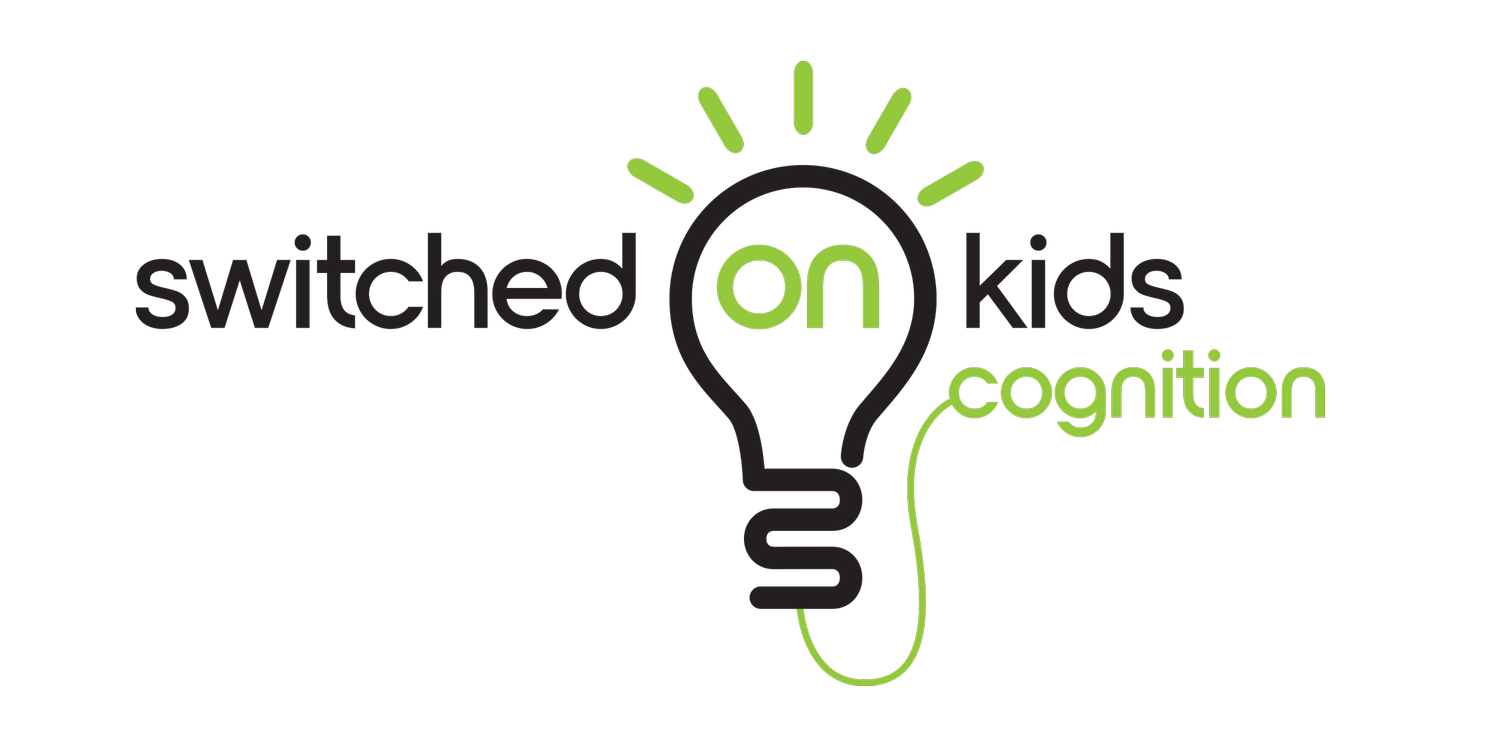Friendships
This blog is about how to help your neurodivergent child navigate friendships. Neurodivergent kids often (always?) struggle with friendships. I have met very few (if any) neurodivergent children (ADHD, autism, OCD, DLD) who have not had some difficulties making and keeping friends. Friendships are just as important to children as they are to adults. Most parents know that the first thing their child wants to talk about when they get home from school is what they did with their friends or … what they didn’t do with their friends and what might have gone wrong with their friends that day. My kids certainly do not walk in the door with a list of new math facts learned or a new word they can spell! Often these after-school conversations come with some BIG emotions, particularly if a child has been left out – or there has been some sort of misunderstanding or argument.
Why are friendships challenging for neurodivergent children? In a nutshell, friendships are complicated and require high-level executive function skills and the ability to regulate emotions. The region of the brain involved in executive function skills, the frontal lobes, is not fully myelinated and “mature” until we are in our mid-twenties (slightly longer for boys). Executive function skills include planning, organization, cognitive flexibility, and emotion regulation. We use all these skills when we make and keep friends. Executive function skills are social skills – they are learned, require practice, and develop over many, many years. Remember – neurodivergent children tend to be 3-5 years behind in their executive function skills. This means that friendships may be more challenging and may take longer to master. If your child has a co-occurring language disorder such as DLD things may be even harder.
Difficulties with friendships can be experienced in many ways. You may have noticed that your child talks only about topics they are interested in, dominates conversations, tells inappropriate jokes, bosses other children around, fails to read the room, does not know when to stop, or tends to fixate on a single friend. Other children may tell them that they are “weird” or “annoying”. Your child may appear unphased or that they don’t get it, however, they are usually feeling a deep sense of hurt and may not know how to express this. Neurodivergent children feel things very strongly and tend to be aware that things that come easily to other children are not so easy for them. They may be lonely and have no friends or only one friend that they rely on for all their social interactions. If your child has inattentive ADHD, autism, or a language disorder they may appear to be stand-offish and not interested in friendships, however, they are often craving friendships and need extra support to make this happen.
Difficulties with friendships can occur due to difficulties (or a lag) with the following skills:
Cognitive flexibility – being able to take turns and transition from one game/conversation to the next without becoming overwhelmed or frustrated.
Impulsivity – being able to wait to participate or take a turn and knowing when it is best to keep quiet and stay back.
Working memory – knowing what comes next, how to follow instructions, and how to multitask.
Future planning – being able to consider the longer-term outcome of an action or comment and plan for events in the future.
Perspective taking – being able to put yourself in the shoes of someone else and consider why they think and act in the way they do.
Perseveration – knowing when to stop or adjust a behaviour, rather than continuing to make the same mistake over and over.
Emotion regulation – the ability to manage emotions and find one’s way back to calm.
Slow processing speed – the ability to keep up with actions and conversation of other children – kids talk FAST, they do not slow down and wait to ensure that others have received their message.
Language – social skills are language skills. Children with expressive or receptive language delays will struggle to get their point across and express their needs, wants, and emotions.
Sensory processing – children move fast and are messy and loud (well mine are!). This makes things hard for children who are sensitive to noise or become overwhelmed by certain stimuli.
Organisation – some children are very quick to master the art of “Get your Mum to friend my Mum on what’s app and then I’ll tell my Mum to get your Mum to drop you off after soccer for a playdate”. This takes some skill! Other children will struggle to tell you their friend’s surname, where they live or when they would like to have a playdate, similarly, you will find party invites in their bag weeks after the event.
Phew – so you see why friendships are hard, right? The good news is that with the right support, your child can improve their friendships and feel less alone. These changes will not occur after attending a few sessions of therapy or upon completion of a “social skills” group. Learning about friendships takes time and patience. Lots of time and patience! Personally – I feel that our children need nurturing, strategies, support, and guidance every single day.
I know! Every single day! Take your time and pick the best times to talk about:
Reading the room and picking up cues from others. Sometimes these cues are obvious, however, your child may not be aware of them. Teach your child how to read the room, and explain to them the times when you do it. As adults, these skills have often become automatic, and we are unaware of just how often we use these skills. Be explicit about what you have noticed.
Cognitive flexibility – just like adults, children may need to be reminded that they will not always be the boss, games will have rules they do not like, things will be unfair, others may change the rules and things will not always go our way.
Making small talk and starting conversations with new people. This takes loads of practice. Let your child take the lead on this one and never force eye contact or put them in an uncomfortable situation.
Knowing your audience and what is appropriate. Discussing the appropriate use of humour is a big one and this one tends to be learned the hard way (sorry Grandma!).
Knowing the difference between another child being mean or just joking around. Language difficulties can make this one tricky and you may find your child becomes very reactive at times. I notice that this can be particularly hard for boys.
Knowing when to ask for help. Kids often do not know when to let something go versus when they must reach out to ensure that an adult is aware of something that is going on. Kids get a hard time if they have a reputation as a “dobber” and may become very reluctant to speak up. However, there are times when it is important to talk to a trusted adult.
Branching out – having only one friend can lead to difficulties. Encourage your child to have as many friends as possible – they do not need to be “best” friends but having lots of kids within a social circle is beneficial for days when that one friend is away or a disagreement has occurred.
Getting involved in activities outside school – these provide your child with opportunities to meet new people and make new friends. Sport, art, robotics, and karate are all great ways to meet other kids and belong to part of a group.
Discuss the fact that no one is friends with everyone – we all gravitate towards certain people and tend to avoid others. Sometimes people pretend to be interested in what others are saying to be polite. Let your child know when you do this.
Accepting that not everyone is the same. Being unique is great! Don’t hide it and mask who you are. There are loads of lovely, accepting kids out there who will be happy to have your child as a friend.
Use unique interests as a way of befriending others – many neurodivergent children find that their unique interests and hobbies can lead to a range of friendships (caution is needed with friendships in the online world).
Consider younger or older friends depending on interests etc. Your child may struggle with same-age peers and be happier with friends of a different age (my friends are not all 47!).
Model your friendships. This is like co-regulation. Tell your child when a friend has annoyed you or let you down and what you plan to do about it (make sure it is appropriate!).
Let your child know when things are going well, and you notice they are happy in their friendships. Praise is important when you observe that your child has taken a step out of their comfort zone to pursue a friendship or positive interaction.
Please note – I do not advise that you approach discussions around friendships as some form of therapy. Your child will be giving you clues as to where help, suggestions, and support are needed. Open conversations and experience over time are key. Many lessons will be learned the hard way and this is never easy for a parent to watch. Your continued love and support are what is most important.
Please reach out if you would like further support or to ask a question HERE.
And … if you want ALL of the tools to help your child with executive functions skills and emotion regulation - I have a VERY reasonably priced short course that includes all of the information you need here Executive Functions Course


